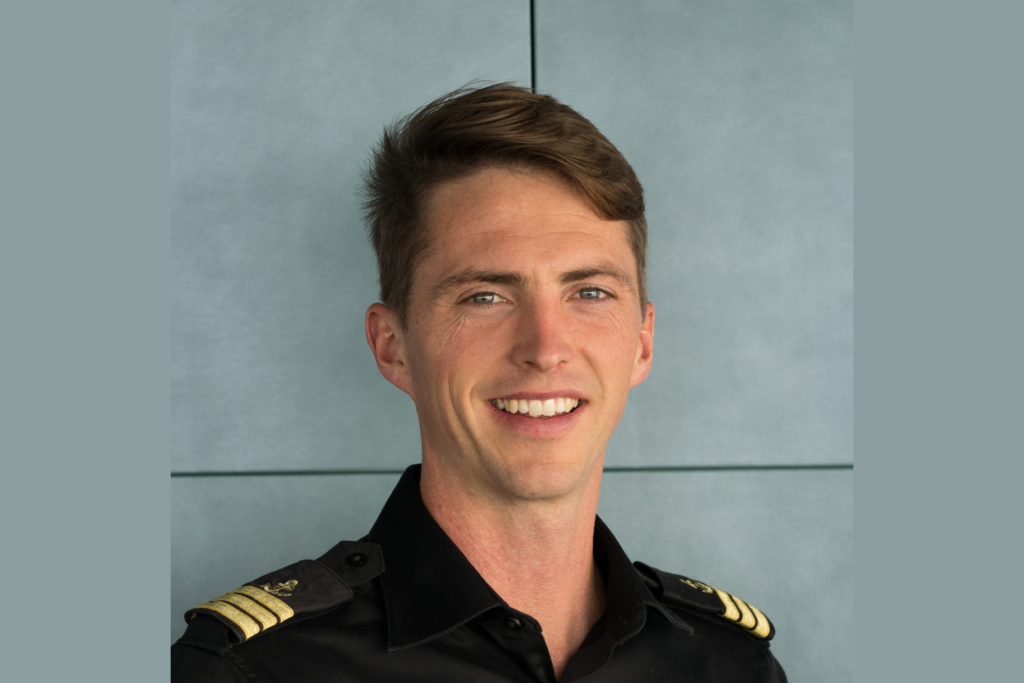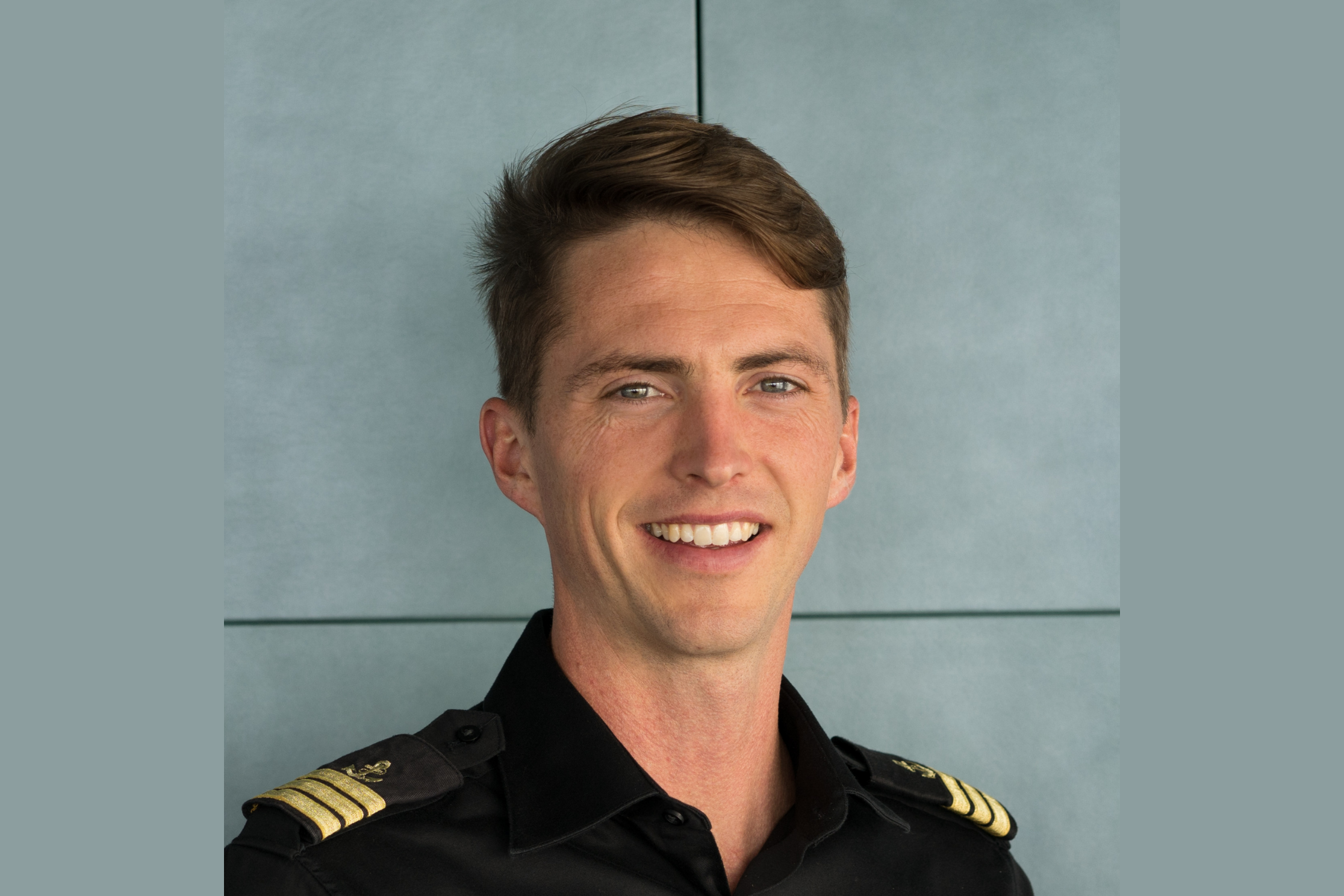M/Y Savannah’s Captain Chris Durham
Amongst safety and modern leadership techniques being of high importance to Captain Durham, he is also passionate about developing and supporting a positive, blame-free culture on board. He believes in the power of the individual and leads by example and through effective communication and motivation to inspire each member of the crew to draw upon their own innate ability to provide an unparalleled guest experience. We were curious as to how Captain Durham arrived at his current position and he was kind enough to enlighten us!
Chris, you’ve had a career in yachting for 14 years so far with some very prestigious yachts under your name, can you tell us a bit about how you got into yachting?
Good question! After Sixth Form College I decided to go travelling and embarked on what turned out to be a two-year trip to Canada, New Zealand, Australia and the USA. Whilst living on the North Island of New Zealand, I found myself a summer job at the local shipyard in Whangarei as a painter’s labourer and joined the team involved in their main project which was a full repaint of ‘Douce France’, a large sailing catamaran. As I started to get to know a few of the crew, I realised I was very much on the wrong side of the fence. The life of a deckhand and the lure of travelling the world seemed like it would be a lot more fun and adventurous than being stuck in a paint suit longboarding the mast and hull! After six months in New Zealand, I found myself in a non-paid deck position on a small sailing vessel for 4 months which enabled me to gain some miles at sea and build some experience. I then returned home for a short time to complete my STCW before heading off to Florida to find a job on a yacht.
What has been your favourite yacht to work on far?
Apart from my current vessel, it would have to be, the 67m Damen Sea Axe yacht support vessel. We had a fantastic team and a great working environment, and the exposure to a large array of operations and equipment including a Triton submarine, high-tech and rebreather dive set up and a commercial helicopter, not to mention the large tenders, proved to be an invaluable experience. It was a great fleet to be part of.
It seems that creating a blameless culture onboard is very important for you, how do you go about achieving that?
I have worked on many yachts where speaking up has been viewed as throwing someone under the bus. In that type of working environment, it is very hard to evolve or improve. I feel it is so important to learn every day and I find the simplest way to encourage this mindset onboard is to hold regular meetings and always hold a debrief after an operation or event. I do this by encouraging the HODs to sit down with their teams and ask a few simple questions, i.e. What worked well? What didn’t work well? What do we need to change or action to ensure we do not make the same mistakes next time? I believe it is important for every member of the crew to have a voice, and to feel confident about speaking up knowing they will be listened to. This is especially crucial where safety issues are concerned.
Was it always a goal of yours to become a Captain?
Quite early on in my career, I decided I wanted to become an Officer, but the idea of becoming a Captain didn’t come to mind until I had spent some time as Chief officer. On my first yacht, I was very lucky to work with a Chief Officer who guided and mentored me. He handed me a training record book in my first week! He really encouraged and helped me to set goals and targets, which paved the way for me to become an OOW.
What advice would you give someone following the same path?
My advice to someone starting out in the industry would be to acquire as many “superpowers” as possible! The more depth of knowledge and extra skills you arrive with, the more likely you are to choose a good program that puts time and money into training and developing the people they take on. I would advise someone a bit further on in their career to never be afraid to reach out for help. I have several mentors with whom I speak regularly and am also in contact with the client manager from our management company to whom I often reach out for assistance.
What is most important for you when looking for a job?
I think one of the most important considerations for me when looking for a position as a Captain is to find a rotational partner and program which align with my own values and philosophy. Another important factor for me is the itinerary. I find it hard to sit still and love to travel and keep moving.
What changes do you hope to see in the industry in the next 10 years?
I hope to see a professional industry that is more diverse and inclusive and places more importance on the well-being and mental health of the crew. I believe these changes will help to create happier and higher performing teams and crews, which in turn can only equate to an improved guest experience.
What’s next on the horizon for you?
Having recently completed the TCA Command and Leadership course I would like to continue to develop my leadership and management skills and am considering going back to school to complete a Masters in this subject.

With so much ambition and progressive thinking wrapped up in Captain Durham, we can see great contributions coming from him for the future of the yachting industry.

